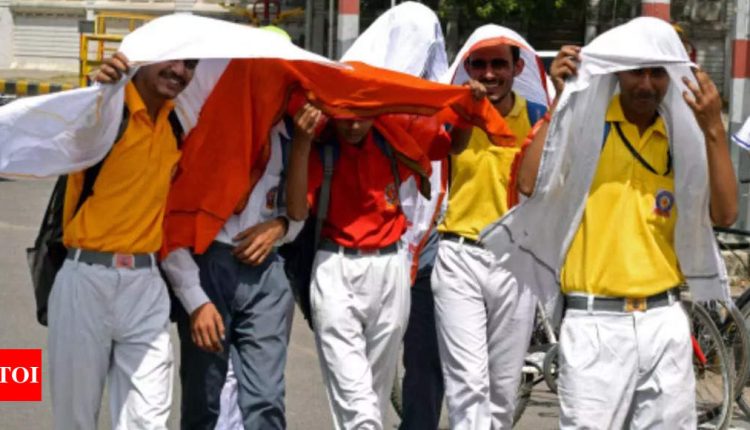Confirming its provisional findings of late last year, the WMO also said that the global mean temperature in 2022 was 1.15 degree Celsius above the 1850–1900 average — which is closer to the target to keep the temperature rise within 1.5 degree C by the end of the century to save the world from the catastrophic effects of climate change. Rising global emission of greenhouse gases (GHG), however, indicates that the targeted level would be breached much earlier than the intended goal.
Though the WMO report, released in Geneva, has not spoken about the country-specific temperature rise status, the India Meteorological Department (IMD) had in January said that the year 2022 was fifth warmest year on record in India since 1901 and the past decade (2012-2021 or 2013-2022) was the warmest decade on record in the country.
Disclosing the climate indicators for the year 2022, the WMO underlined how droughts, floods and record breaking heat waves affected communities on every continent and cost many billions of dollars across the globe with India alone facing “significant flooding” at various stages during the monsoon season, particularly in the north-east in June last year that led to over 700 deaths from flooding and landslides, and a further 900 from lightning.
Referring to South Asia, it noted how heatwaves in the pre-monsoon season in India and Pakistan caused a decline in crop yields last year with the period being “exceptionally hot” in both the countries.Though India reported its overall food-grains output at a record level of 315 million tonnes, the country had to suffer on wheat front by recording a decline of nearly 3% in production due to heat conditions.
“In India, grain yields were reduced by the extreme heat and there were a number of forest fires, particularly in Uttarakhand… The Indian Monsoon onset was earlier and the withdrawal later than normal in 2022. The majority of the Indian subcontinent was wetter than average and the monsoon extended farther westward than usual towards Pakistan, where there was extensive flooding,” said the WMO’s State of Global Climate report 2022.
Reacting to the findings that observed that the “climate change continued its advance in 2022 from mountain peaks to ocean depths”, the UN secretary-general Antonio Guterres called for “urgent climate action now”, tweeting that the new WMO report highlights the “continuous advance of the climate crisis, with people on every continent affected”.
“We have the tools, the knowledge, and the solutions. But we must pick up the pace. We need accelerated climate action with deeper, faster emissions cuts to limit global temperature rise to 1.5 degree Celsius. We also need massively scaled-up investments in adaptation and resilience, particularly for the most vulnerable countries and communities who have done the least to cause the crisis,” said Guterres.


